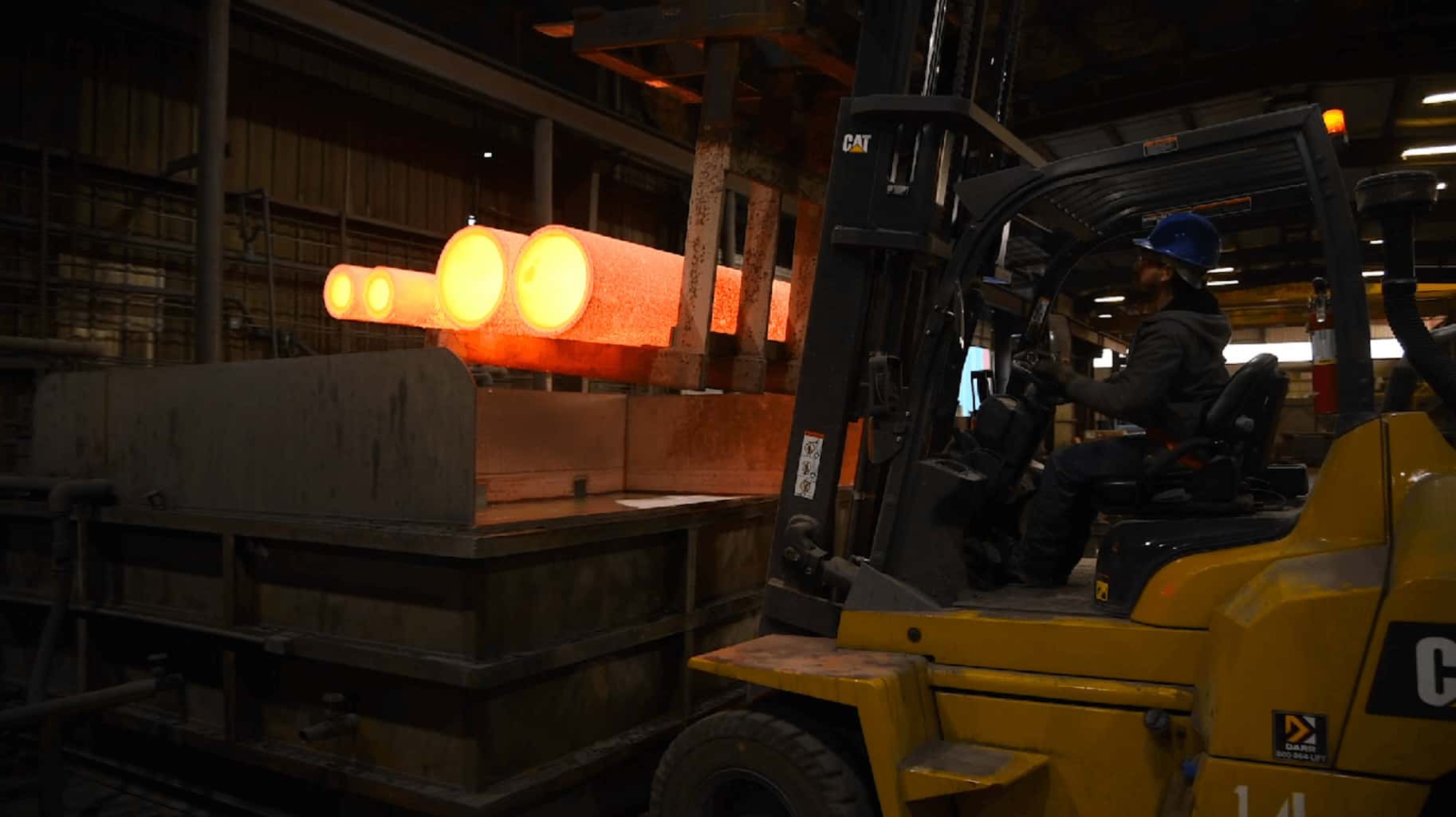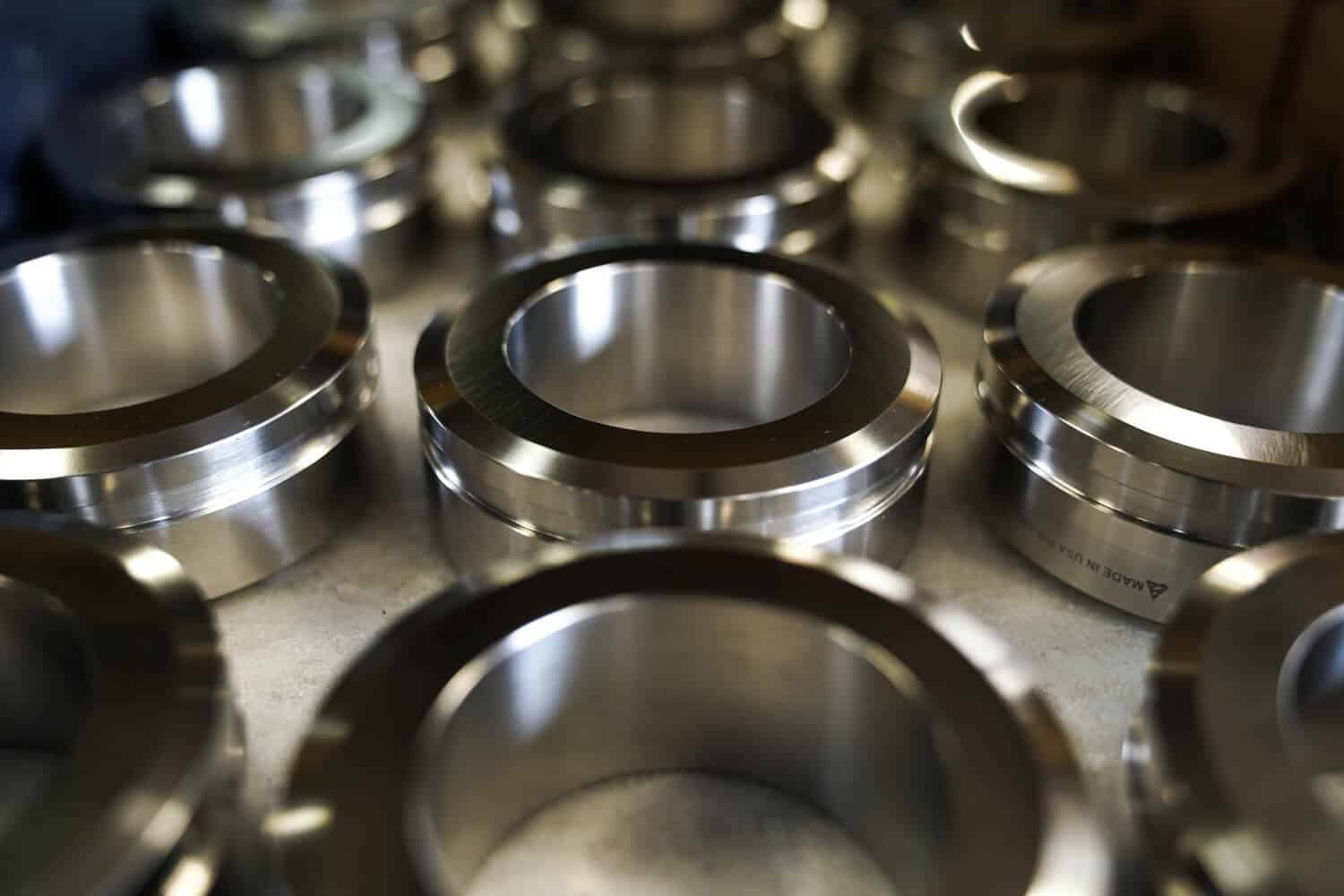
The Basics of Heat Treatment in Centrifugal Casting
To achieve the desired metallurgic and mechanical properties, centrifugal casting often uses a casting heat treatment process. Let’s explore the basics of this process and why it’s so important.
- Preheating
Some castings require preheating before the real heat treatment process. This is done to prevent thermal shock during subsequent heating, as this type of shock often causes cracking and distortion.
- Normalizing and annealing
Normalizing involves heating the materials to a predetermined temperature and then cooling the components in still air. This relieves internal stresses. Annealing is similar; components are warmed to a certain temperature and kept there for a while before being slowly cooled down to room temperature.
- Quenching and tempering
Casting components are quenched when they are rapidly cooled by immersing them in water, or polymer, oil can also be used. While this process adds hardness and strength, it’s not unusual for quenching to also introduce stresses. This is why quenching is often followed by tempering, a process that involves reheating the components to the right temperature and keeping them there for a set time. Tempering ensures that castings maintain strength, toughness, and ductility.
- Precipitation hardening
Certain cases or alloys require special treatments. Also known as age hardening, precipitation hardening treats alloys with a specific and highly controlled heat treatment over an extended period. This encourages the formation of tiny particles known as precipitates which add strength to the material.
- Quality control and documentation
Throughout the heat treatment process, responsible manufacturers do quality control by monitoring and controlling times, temperatures, and cooling rates to ensure the best results. Proper documentation of the entire heat treatment process is another aspect of quality control that provides critical information on what was done and what went right or wrong.
Contact Delta Centrifugal® today to learn more about heat treatments in centrifugal casting.
Nuclear Centrifugal Castings
Imagine a process where molten metal is spun into shape under intense centrifugal forces, forming th
Centrifugal Casting Material Equivalents
The alloy manufacturing industry is a very diverse one, encompassing dozens of manufacturing methods
Materials Commonly Used in Centrifugal Casting
Any material that can be cast can be centrifugally cast, from iron to stainless steel and even glass


